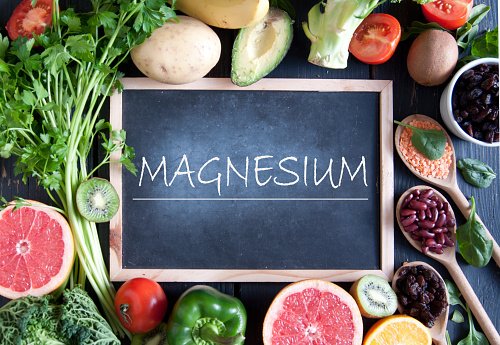
Are Vitamin D and Magnesium Deficiencies Related
.How Important is Magnesium
Magnesium is an essential mineral for human health. It is involved in over 600 biochemical reactions in the body, including energy production, DNA synthesis, and muscle contraction. Magnesium is also necessary for the proper function of enzymes, which are responsible for many vital biochemical processes. Despite its importance, magnesium deficiency is quite common, affecting around 75% of the population. Symptoms of magnesium deficiency include fatigue, muscle cramps, anxiety, and irregular heartbeat. Magnesium supplements can help to correct a deficiency and improve overall health. In addition, magnesium-rich foods such as dark leafy greens, nuts, and seeds can help to ensure adequate intake of this vital mineral.

How to Improve Low Magnesium Levels and Finally Achieve Optimal Health
Magnesium supports muscle and nerve function. Research suggests that high magnesium levels may reduce the risk of type 2 diabetes, heart disease, and cancer. This means that we are not getting enough magnesium in our diet.
Low magnesium levels can increase blood pressure and the risk of heart disease, type 2 diabetes, leg cramps, insomnia, osteoporosis, migraines, depression, and even cancer.